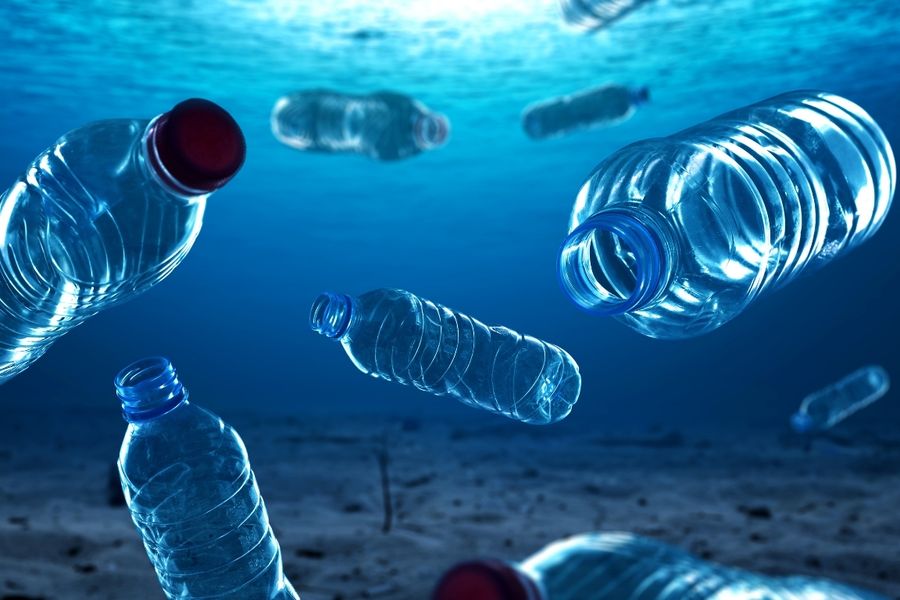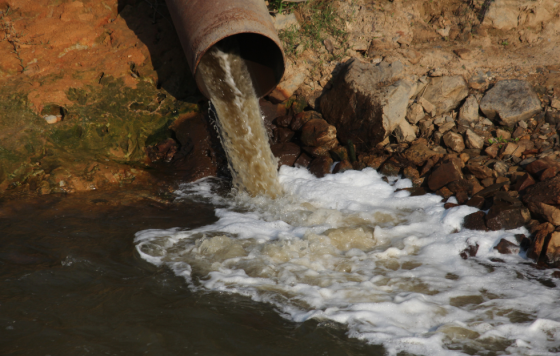
Once you start to notice beverage container litter, you see it everywhere - crushed cans on storm drains, plastic bottles floating in streams, a high tide line dotted with empty sports drink containers, and nips just about everywhere. Dedicated volunteers with organizations like Save the Bay and Friends of the Saugatucket have been cleaning up waterways and cataloging their finds for years, but even their hours of effort can’t keep up with the constant onslaught of bottle trash. But there is a proven policy solution that does work: a recycling refund program or “bottle bill.”
Currently, the costs of single-use disposable plastic bottles are borne by the public. It’s the public that has to head outside to pick up littered bottles or spend tax dollars hiring workers to do so. It’s the public that has to manage microplastic pollution fouling waterways, including the Bay. And it’s the public scrambling to manage the impacts of a changing climate while the chemical lobby tries to convince us that burning used plastic bottles as fuel is “recycling.” The Rhode Island bottle bill changes this dynamic and holds beverage companies responsible for the entire lifecycle of the bottles they produce. The handling fees paid by the beverage companies cover the costs of handling, storing, sorting, and transporting the empty bottles.
Bottle bills work. According to the Keep America Beautiful 2020 National Litter Study, “there was substantially more deposit material litter per capita in non-bottle bill states than in bottle bill states, by a difference of a two-to-one ratio.” That’s because the deposit attached to each bottle creates a financial incentive for consumers to properly return empty bottles and collect a recycling refund. Additionally, the bottle bill makes it much easier to recycle beverage bottles on the go, which is where most of them are consumed. Instead of stashing a pile of empty sports drinks on your minivan’s floor, Rhode Islanders will be able to return the bottles for cash to a variety of redemption centers, including grocery stores! More convenient options to recycle means less careless littering. And rather than the public funding litter cleanups, the beverage companies fund these bottle return systems.
Bottle bills are a proven policy solution to litter, but that isn’t all they do. Bottles returned for a refund remain better sorted, and cleaner, than the bottles collected by curbside recycling programs, so they are more likely to be made into a new bottle rather than being deemed too contaminated to recycle. Plus, using recycled plastic to make bottles means there is less demand to extract fossil fuels to produce virgin plastic. And ultimately, the same infrastructure created to return bottles for recycling now can be used in the future for bottle REUSE systems, a true zero waste solution.
The Rhode Island bottle bill will reduce plastic litter and microplastic pollution, increase recycling, and reduce the consumption of fossil fuels. That’s a lot of wins. Let’s make 2023 the year we get it passed!


